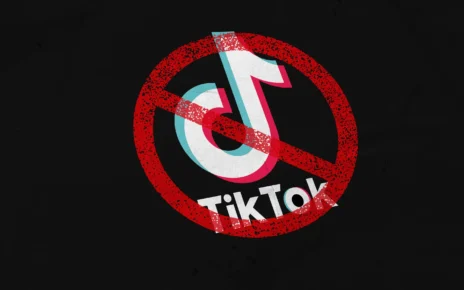In a heartbreaking and raw moment on live television, the artist behind the viral hit “Mali Safi Chito” broke down in tears as she pleaded with Kenyans to give her a second chance. The emotional segment caught many viewers off-guard as the once-celebrated star opened up about the harsh realities she has been facing behind the scenes.

Known for her catchy lyrics and unapologetic style, the singer quickly rose to fame with her breakout track, but her sudden stardom was not enough to keep her afloat financially. Speaking through tears during the interview, she confessed that despite the fame, she is currently struggling to make ends meet.
“People only remember me for ‘Mali Safi Chito’ but I have other songs—songs with messages, emotions, and real stories. Please, I’m begging you all, go listen to them,” she said while wiping away tears.
The artist, whose name became a household word thanks to the viral nature of her song, revealed that the pressure to maintain a public image and the lack of sustainable income from music had left her in a financial crisis. She further admitted that mistakes she made in her career—such as focusing too heavily on one hit and not building a long-term brand—may have contributed to her current situation.
“I know I might have messed up. Maybe I came out too strong, maybe I rubbed some people the wrong way. But I’m human. All I ask is for forgiveness and another chance,” she pleaded.
As she cried on national TV, her vulnerability struck a chord with many Kenyans, sparking an emotional outpouring on social media. Fans and fellow artists alike took to various platforms to express both sympathy and support.
Her story is not new in the Kenyan music industry, where many artists experience short bursts of fame without the financial literacy, management, or structural support to sustain long-term success. The singer’s situation has reignited conversations about how the industry treats its talents and the urgent need for systems that protect artists, especially women, from falling through the cracks.
Despite the pain she’s currently enduring, the artist remains hopeful. She called on her fans to revisit her discography and give her music the attention it deserves.
“There’s more to me than just one song. If you listen, you’ll hear my heart in every line,” she said.
Her emotional plea served as a stark reminder that behind every viral sensation is a real person with real struggles. And now, more than ever, she needs the same Kenya that once danced to her tune to rally behind her—not with judgment, but with love, forgiveness, and support.



